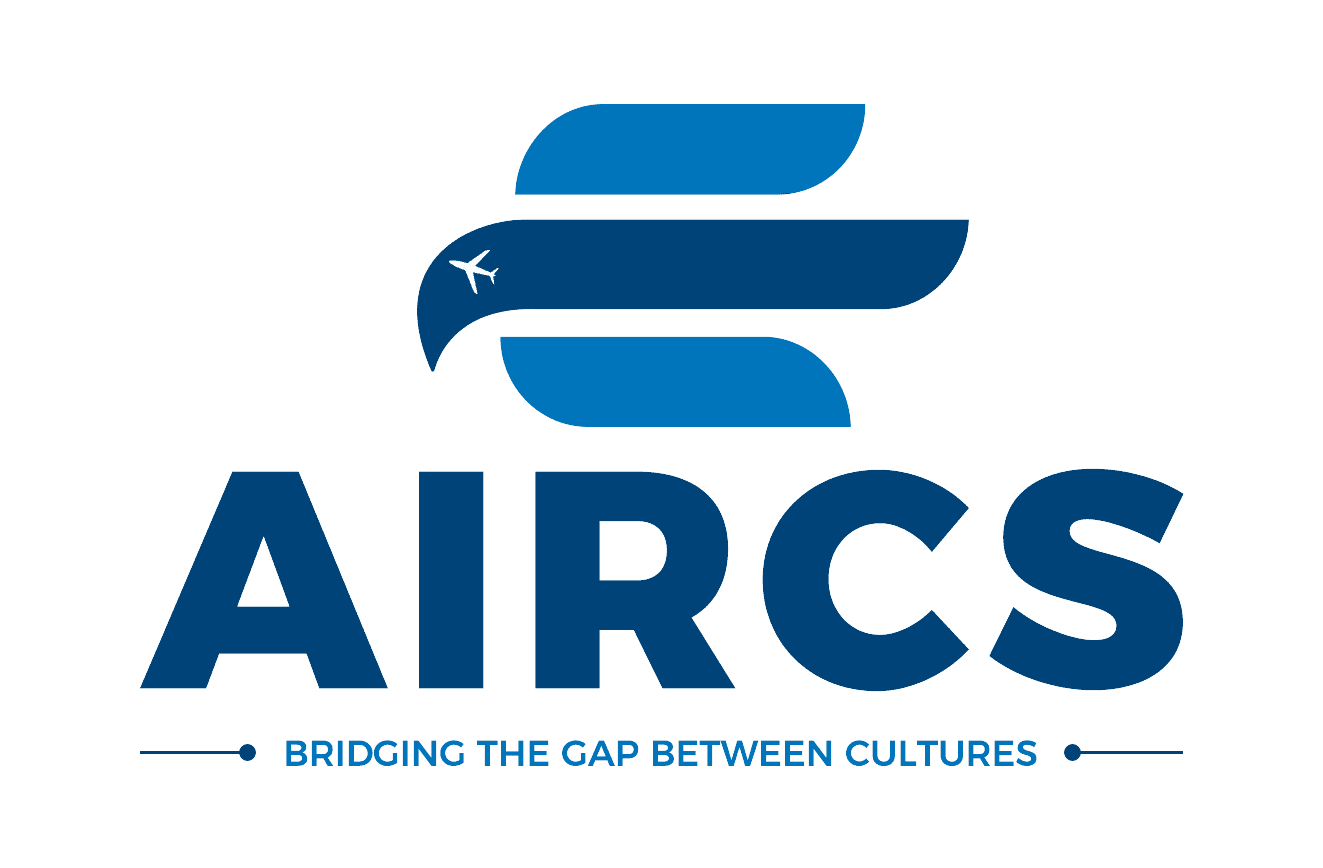Introduction:
Navigating immigration laws, understanding eligibility, and preparing documents can be overwhelming. That’s where professional consultants like AIRCS.pk come in — offering clarity and confidence in every step of your visa journey.
1. Legal Expertise You Can Rely On
Immigration laws are dynamic and country-specific. At AIRCS:
- We stay updated with policy changes.
- We know how to avoid common rejection reasons.
- We provide accurate eligibility assessments.
2. Personalized Case Strategy
Each client has unique circumstances. Whether you’re applying for a study visa, skilled worker program, or spouse sponsorship, our team:
- Tailors your application based on visa category.
- Prepares documentation that matches your immigration goals.
3. Hassle-Free Documentation
We handle:
- Form filling
- SOP (Statement of Purpose) writing
- Letter of explanation
- Interview preparation
- Document translation & notarization
4. Higher Success Rates
AIRCS boasts a strong track record across thousands of applications to Canada, Australia, and the UK. Our strategic approach increases the chance of first-time approval.
5. Saves Time, Stress & Money
Our clients enjoy:
- Dedicated case officers
- Timely updates via email/SMS
- One-on-one consultations
- Affordable packages with no hidden charges
6. Services Available Across Pakistan
Our head office is in Islamabad, but we serve clients from:
- Rawalpindi
- Islamabad
- Faisalabad
Why AIRCS is a Top Choice:
- Awarded Best Canada Immigration Consultants in Islamabad
- 1000+ Success Stories
- Dedicated team for student visas and PR applications
Conclusion:
Hiring a consultant is not an expense — it’s an investment in your future. With AIRCS.pk, you’re partnering with a top immigration consultant in Islamabad who truly understands your dream.








